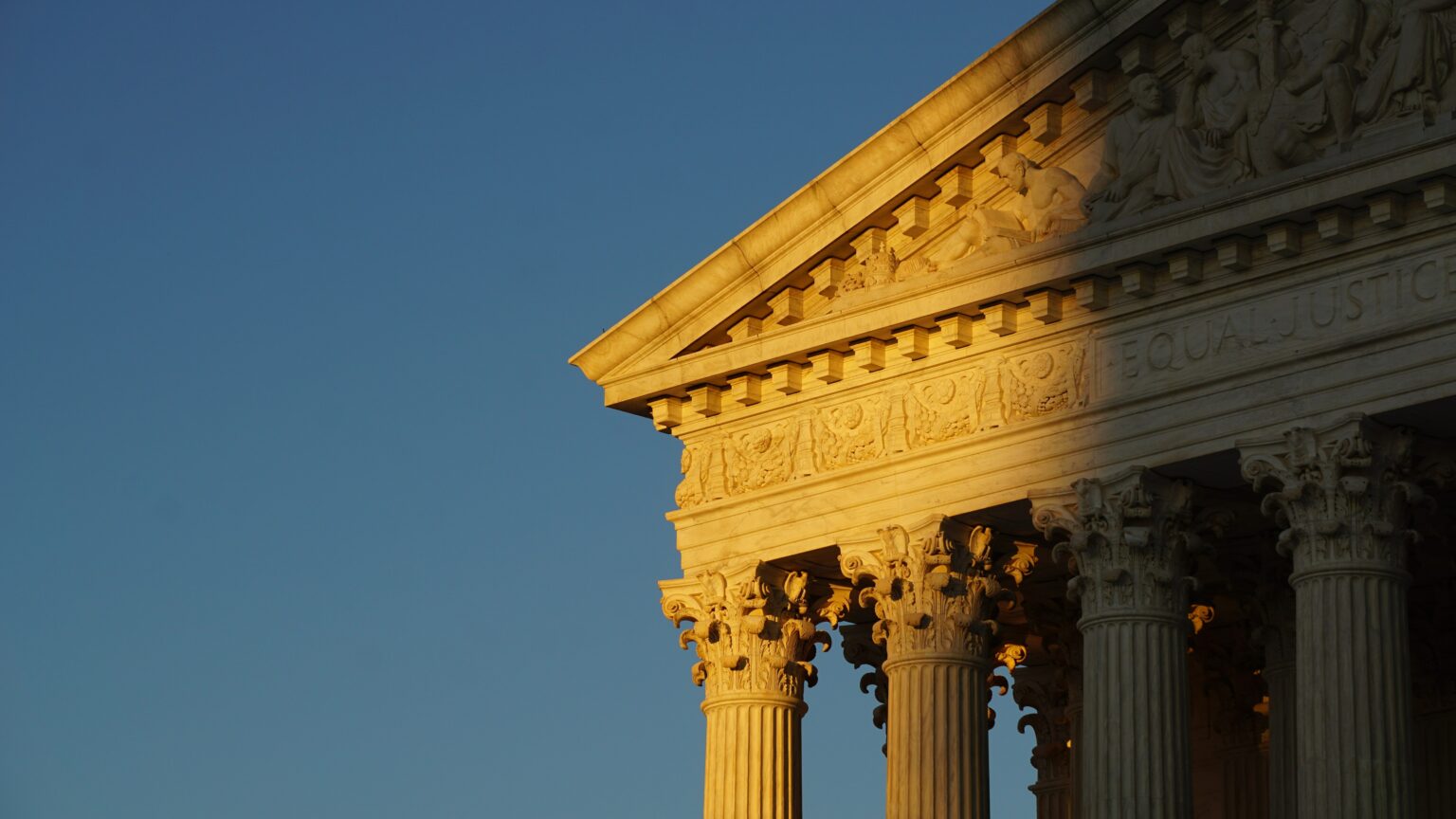Amid oral arguments Tuesday, the Supreme Court’s conservative Justices cast doubt on President Biden’s student debt forgiveness plan.
In the case Biden v Nebraska, most conservatives in the Court’s majority appeared skeptical that Congress gave clear authorization before the Administration went ahead with a plan to forgive potentially hundreds of billions of dollars in student debt.
“We’re talking about half-a-trillion dollars and 43 million Americans. How does that fit under the normal understanding of modify?” asked Chief Justice John Roberts.
The Biden Administration has asserted that it relied on a 2003 law, the HEROES Act, that allows the Education Secretary to grant relief in times of national emergency—such as the Covid-19 pandemic.
But Justice Brett Kavanaugh on Tuesday retorted, “Some of the biggest mistakes in the Court’s history were deferring to assertions of executive emergency power. Some of the finest moments in the Court’s history were pushing back against presidential assertions of emergency power.”
He appeared to agree with those challenging the student debt forgiveness plan, including six Republican-led states, who call the policy an abuse of executive authority that seeks “breathtaking and transformative power” by relying on “a tenuous and pretextual connection to a national emergency.”
Justice Amy Coney Barrett was the only conservative who joined the Court’s three liberals in questioning whether a group of Republican-led states had legal standing to challenge the White House’s plan to forgive up to $20,000 in student loan debt for borrowers who make less than $400,000 per year.
Liberal Justice Sonia Sotomayor noted a lack of legal challenges when both the Biden and Trump Administrations used HEROES Act authority to pause student debt payments amid Covid.
“It’s not the amount of money,” she said, pushing back on Justice Roberts, “the question is, what’s Congress’ intent?”
Despite doubts from the conservatives about student loan relief’s merit, the case is likely to turn on whether the states had legal standing to sue.
The Court also heard a second challenge to student debt relief. In Department of Education v Brown, two individual challengers who did not qualify for the full $20,000 in relief also asserted that the Biden Administration overstepped its authority.
In those arguments, the conservative Justices focused on the fairness of the program to those who did not qualify, and whether student debt relief was a necessity.
“Why is it fair? If it was—if you didn’t have to do it? Why is it in the answer to say that it was warranted? Maybe it was warranted, but why was it done? I guess you don’t want to answer the question,” said conservative Justice Samuel Alito.
It’s unclear exactly when the Supreme Court will issue its decision, but typically rulings are released by the end of the current term—late June or early July.


